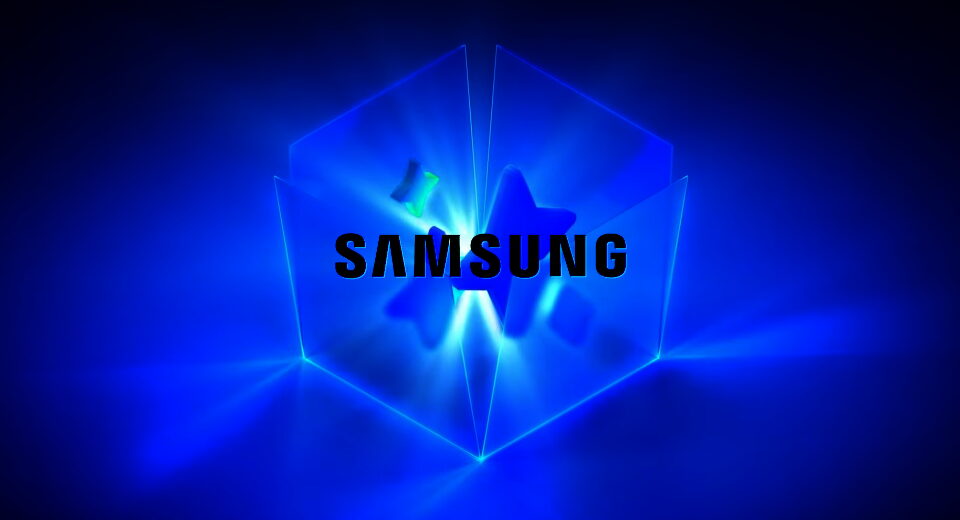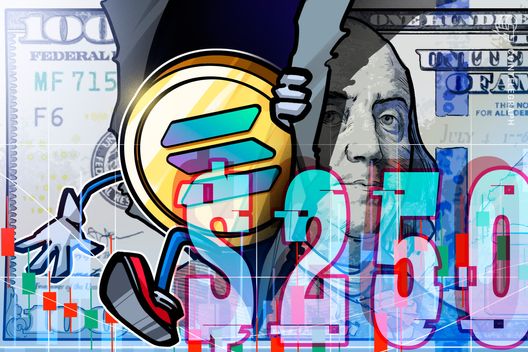Arthur Hayes tells Zcash holders to withdraw from CEXs and ‘shield’ assets

Hayes’ call to self-custody Zcash highlights renewed focus on privacy coins as the sector sees sharp price swings and mixed performances.

The privacy coin sector returned to the spotlight after BitMEX co-founder Arthur Hayes urged Zcash holders to withdraw their assets from centralized exchanges (CEXs).
On Wednesday, Hayes told holders to “shield” their assets, a feature that enables private transactions within the Zcash network. “If you hold $ZEC on a CEX, withdraw it to a self-custodial wallet and shield it,” Hayes wrote on X.
The comments came as Zcash (ZEC) saw sharp price swings in the last few days. The token rallied to $723 on Saturday before dropping to $504 on Sunday. It then surged to a high of $677 on Monday, only to see another sharp decline. At the time of writing, ZEC was trading at about $450, marking a 37% decline from its Saturday high.
Analysts had warned that ZEC might undergo a sharp correction due to its relative strength index (RSI) reaching its highest reading after continuing to rally above its overbought zone.
Why Zcash holders are told to “shield” their tokens
Zcash’s privacy model uniquely supports two types of addresses: transparent addresses, known as “t-addresses,” and shielded addresses, referred to as “z-addresses.”
The former functions like normal public wallets, while the latter uses zk-SNARKs (zero-knowledge proofs) to obscure sender, receiver and transaction accounts.
However, CEXs typically only support the transparent version of ZEC, which means that transactions done via exchanges are fully traceable onchain. Shielded transfers, which make Zcash a true privacy coin, require self-custody wallets that support zk-SNARK operations.
By urging users to withdraw and shield their tokens, Hayes essentially echoes a long-standing critique within the privacy community — how exchange custody undermines the anonymity Zcash was designed to provide.
If a ZEC token is held on a CEX, its privacy is lost. In addition, the tokens will be subject to withdrawal freezes, Know Your Customer policies and delisting, the same risks that Monero (XMR) faced over the past few years.
Hayes’s comments highlight the trade-off between convenience and sovereignty. Self-custody protects users from insolvency and regulatory actions, including freezing or delisting of assets.
At the same time, it demands greater responsibility from users, including managing private keys, maintaining backups and using verified wallets.
Related: Privacy tools are rising behind institutional adoption, says ZKsync dev
Privacy tokens see mixed performances
Despite its recent drop, Zcash remains a key player in the privacy coin narrative, with a market capitalization of $7.4 billion.
CoinMarketCap data showed that the token is still up by 5% over the last seven days, despite a decline from its Saturday high.
Apart from Zcash, Monero remains one of the top privacy coins, with a valuation of $7 billion. The token has increased by 7% over the last week.
Meanwhile, other players like Canton (CC), Dash (DASH), Decred (DCR) and ZKsync (ZK) suffered losses ranging from 13% to 42% in the last seven days.
Magazine: Philippines blockchain bill to battle corruption, crypto KOLs charged: Asia Express
What's Your Reaction?
 Like
0
Like
0
 Dislike
0
Dislike
0
 Love
0
Love
0
 Funny
0
Funny
0
 Angry
0
Angry
0
 Sad
0
Sad
0
 Wow
0
Wow
0






































